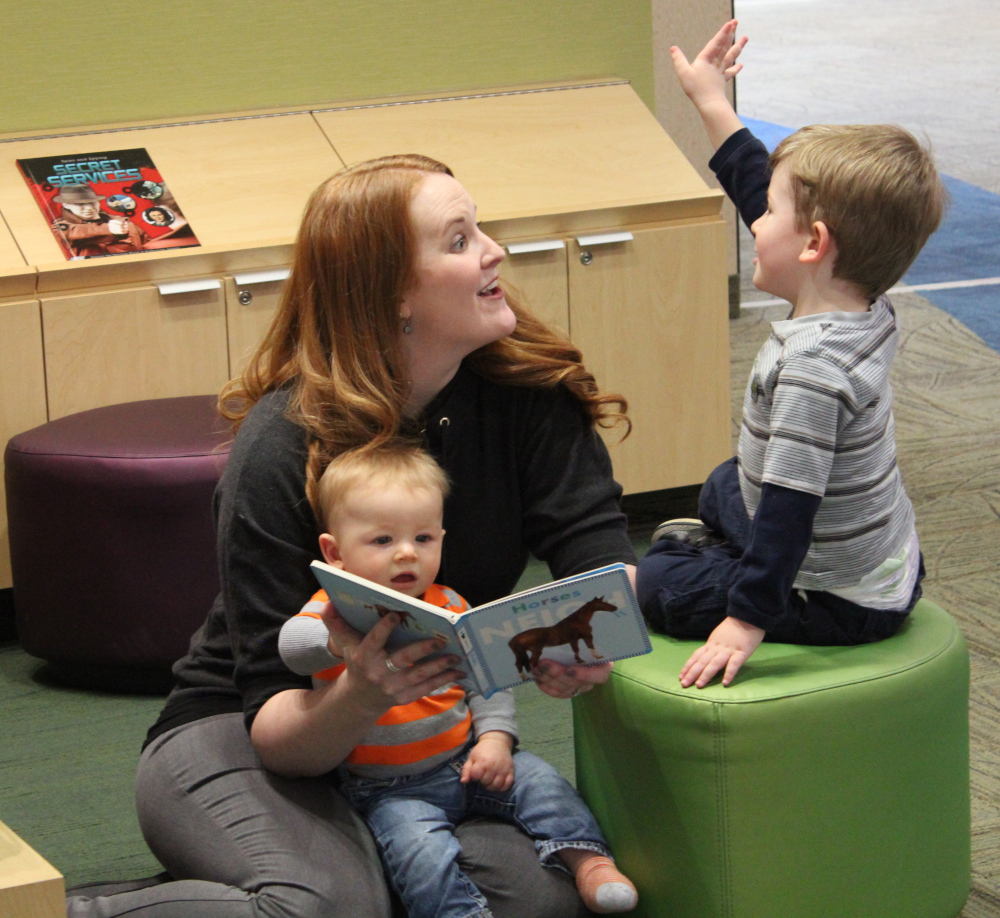Study Shows MMR Vaccine Is Not Linked to Autism
March 28, 2019

Did you hear about the measles outbreak that led a New York county to issue a state of emergency? Officials barred children and teenagers who were not vaccinated against measles from public places on March 26, 2019.
Measles is a serious respiratory disease that causes a rash and fever. It is very contagious and can be especially dangerous for babies and young children. The measles-mumps-rubella (MMR) vaccine can protect your children.
As a pediatrician, I want parents to understand that the MMR shot is safe. Studies show there is no link between autism spectrum disorder and the MMR shot.
A new study supporting the safety of the MMR shot was recently published in the Annals of Internal Medicine. The new study followed 657,461 children born in Denmark from 1999 through 2010. During follow-up, 6,517 children were diagnosed with autism. The study showed the risk for autism was no different in children who received the MMR vaccine than in children who did not. This even remained true among children who had a family history of autism.
Due to widespread misinformation, many parents fear the MMR vaccine can trigger autism. Yet the scientific evidence is clear; there is no link between the MMR shot and autism.
Measles was eliminated in the United States in 2000, but outbreaks have occurred in recent years. Recent outbreaks have occurred in New York, Washington state, Texas, Illinois and California.
Measles enter the United States in two ways: international travelers and unvaccinated U.S. residents who get measles when they travel to other countries. Measles is spread through breathing, coughing and sneezing. In fact, you can catch measles up to two hours after an infected person leaves the room. And measles is contagious before the rash appears.
Did you know that almost everyone who has not had the MMR shot will get measles if they are exposed to the virus? Let’s protect our children.
The vaccine also protects pregnant mothers from rubella. In pregnant women, rubella can cause miscarriage, stillbirth and severe birth defects, according to the CDC. The MMR vaccine also prevents mumps which can also cause serious complications for some.
Children should get the MMR shot at 12-15 months and 4-6 years old. Before traveling to another country, infants 6-11 months should get an MMR shot.
To view the full study, click here. A patient summary is available here.